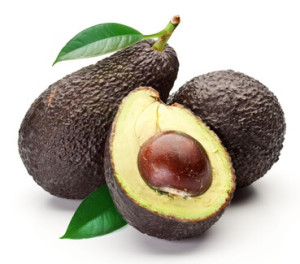After a rainy winter, the new February-September California avocado season looks to nearing the production capacity of the previous season.
According to the California Avocado Commission (CAC), the state will harvest 208 million pounds, just 29 million pounds below last season’s margin.
CAC predicted volume increment if producers waited until March to start harvesting so as to give the fruits time to gain size. On a positive note, farmers actually did not rush to pick the fruits due to extreme cold this February.
If volumes rise, the main beneficiary will be hass avocados, which will hit 196 million pounds or 94% of the total.
Rain Double-edged
A boon to this near-impressive avocado run has been higher than usual rainfall in California, which has created two advantages.
The first advantage is the fact that winter moisture helped the trees regain their foliage after an extremely dry summer. Secondly, early spring precipitation deterred an early harvest which in turn gave the trees time to develop robust fruits.
California receives rain from October through September the following year, but the bulk falls between November and March. This time round, the state received extra rainfall between October 2023 and February 2024 or 105% of annual precipitation.
Storm-prone areas like San Diego and Los Angeles already had 133% and 159% of yearly rainfall respectively by February.
The state also counts on melting snow starting April in the Sierra Nevada mountains for 30% of its annual water supply. This melted ice provides irrigation water for avocado and other spring crops in the eastern parts.
California Avocado Season Supplants Mexico ‘s
As the California avocado season starts, all eyes are on a good supply to supplant the nearly ending Mexico season. Coincidentally, the U.S. ambassador to Mexico, Ken Salazar, recently discouraged the import of avocados from deforested regions of Mexico.
Salazar learned that farmers in Michoacán had cleared 30,000 hectares of forestland to grow avocados between 2018 and 2023. He said they therefore did not deserve to export to the U.S.
Mexico readily provides the U.S. with off-season supplies, the most recent of which being 138,000 tonnes for guacamole during the Super Bowl.
Ideally, the California season has a market advantage as it coincides with the end in May of Mexico’s lengthy season.
In short, 2024 is a promising year for California suppliers, partially because of late winter rains.
